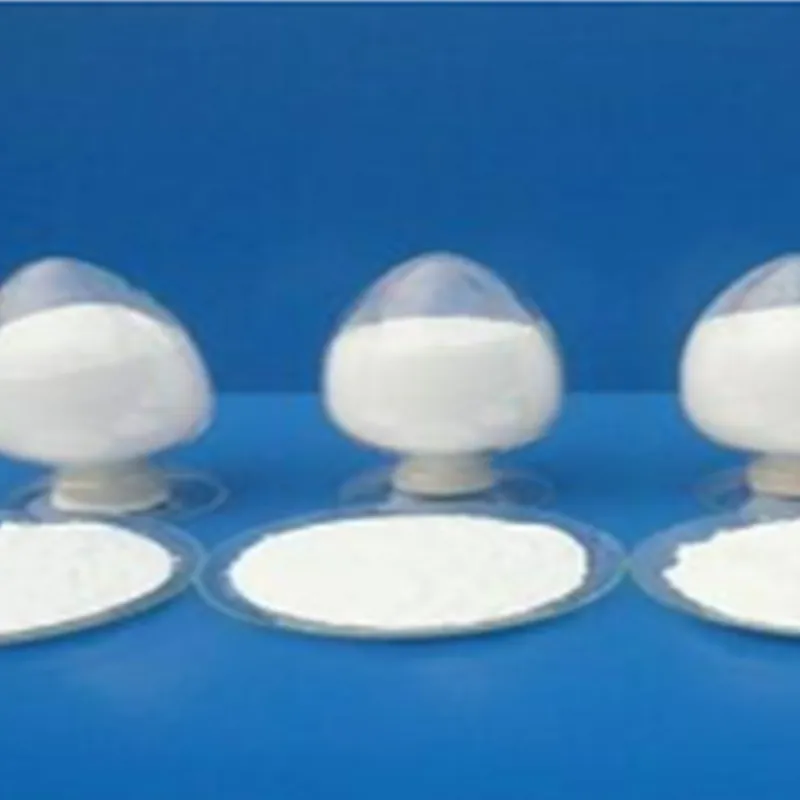
Understanding the Benefits and Uses of Zinc Sulfate as a Fertilizer
The Role of Zinc Sulfate Fertilizer in Agriculture
Zinc sulfate fertilizer has emerged as an essential component in modern agriculture, providing critical nutrients that promote healthy plant growth and increased crop yields. Zinc, a micronutrient, plays a pivotal role in various physiological processes within plants, including enzyme function, protein synthesis, and cellular metabolism. Despite its importance, zinc deficiency is common in many soils, particularly in regions with high phosphorus levels, alkaline soils, and intensive cropping systems. This article explores the significance of zinc sulfate fertilizer, its benefits, and its application practices.
Importance of Zinc in Plant Growth
Zinc is a vital micronutrient for plants, necessary for the production of chlorophyll, which is essential for photosynthesis. It also contributes to the synthesis of important proteins and helps in the regulation of various enzymatic processes. Without sufficient zinc, plants can exhibit stunted growth, leaf chlorosis, and poor fruit development. Zinc deficiency can lead to lower yields and reduced quality of crops such as wheat, corn, and rice, which are staples in many diets around the world.
Benefits of Using Zinc Sulfate Fertilizer
One of the primary benefits of applying zinc sulfate fertilizer is its ability to rectify zinc deficiency in plants. This specific formulation allows for effective absorption by plants, ensuring that they receive an adequate supply of this crucial micronutrient. The application of zinc sulfate has been shown to enhance crop yield significantly. Research has demonstrated that crops treated with zinc sulfate not only show improved growth rates but also have better resistance to diseases and environmental stresses.
Additionally, zinc sulfate can improve the quality of crops, including better grain size and enhanced nutritional content. This is particularly important in the context of global food security and the need for nutrient-dense foods. For example, zinc biofortification has been identified as a potential strategy to combat zinc deficiency in human populations, especially in regions where dietary intake is low.
zinc sulfate fertilizer

Application Practices
Applying zinc sulfate fertilizer can be done through several methods, including soil application, foliar spraying, and fertigation (applying fertilizers through irrigation systems). The choice of method often depends on the specific crop, soil conditions, and the severity of zinc deficiency.
1. Soil Application This is one of the most common methods, where zinc sulfate is mixed into the soil before planting. It's crucial to apply the correct amount based on soil tests to avoid oversaturation, which can lead to toxicity.
2. Foliar Spraying For quick correction of zinc deficiency, foliar application is effective. Diluted solutions of zinc sulfate can be sprayed directly onto the leaves, where it can be rapidly absorbed.
3. Fertigation In systems where drip irrigation is used, zinc sulfate can be dissolved in irrigation water and delivered directly to the root zone, ensuring that plants receive a consistent supply of nutrients.
Conclusion
Zinc sulfate fertilizer plays a crucial role in enhancing agricultural productivity and improving crop quality. Its significance extends beyond just increasing yields; it also addresses essential nutritional deficiencies in crops, contributing to the overall health of populations and ecosystems. As global agricultural practices continue to evolve, the role of micronutrients like zinc will remain imperative in ensuring sustainable food production and addressing the challenges of food security. Implementing the right application practices based on soil conditions and crop needs will ensure that zinc sulfate fertilizer is used effectively, ensuring optimum growth and yield outcomes.
-
nitrile-rubber-honoring-strict-production-standardsNewsAug.22,2025
-
aspartame-ingredients-honoring-food-safety-valuesNewsAug.22,2025
-
fertilizer-for-balanced-plant-nutritionNewsAug.22,2025
-
cyanide-gold-processing-with-high-purity-additivesNewsAug.22,2025
-
formic-acid-in-textile-dyeing-applicationsNewsAug.22,2025
-
aluminum-hydroxide-gel-in-skincare-productsNewsAug.22,2025
-
Regulatory Compliance for Global Mining Chemicals UseNewsAug.12,2025
Hebei Tenger Chemical Technology Co., Ltd. focuses on the chemical industry and is committed to the export service of chemical raw materials.
-

view more DiethanolisopropanolamineIn the ever-growing field of chemical solutions, diethanolisopropanolamine (DEIPA) stands out as a versatile and important compound. Due to its unique chemical structure and properties, DEIPA is of interest to various industries including construction, personal care, and agriculture. -

view more TriisopropanolamineTriisopropanolamine (TIPA) alkanol amine substance, is a kind of alcohol amine compound with amino and alcohol hydroxyl, and because of its molecules contains both amino and hydroxyl. -

view more Tetramethyl Thiuram DisulfideTetramethyl thiuram disulfide, also known as TMTD, is a white to light-yellow powder with a distinct sulfur-like odor. It is soluble in organic solvents such as benzene, acetone, and ethyl acetate, making it highly versatile for use in different formulations. TMTD is known for its excellent vulcanization acceleration properties, which makes it a key ingredient in the production of rubber products. Additionally, it acts as an effective fungicide and bactericide, making it valuable in agricultural applications. Its high purity and stability ensure consistent performance, making it a preferred choice for manufacturers across various industries.





